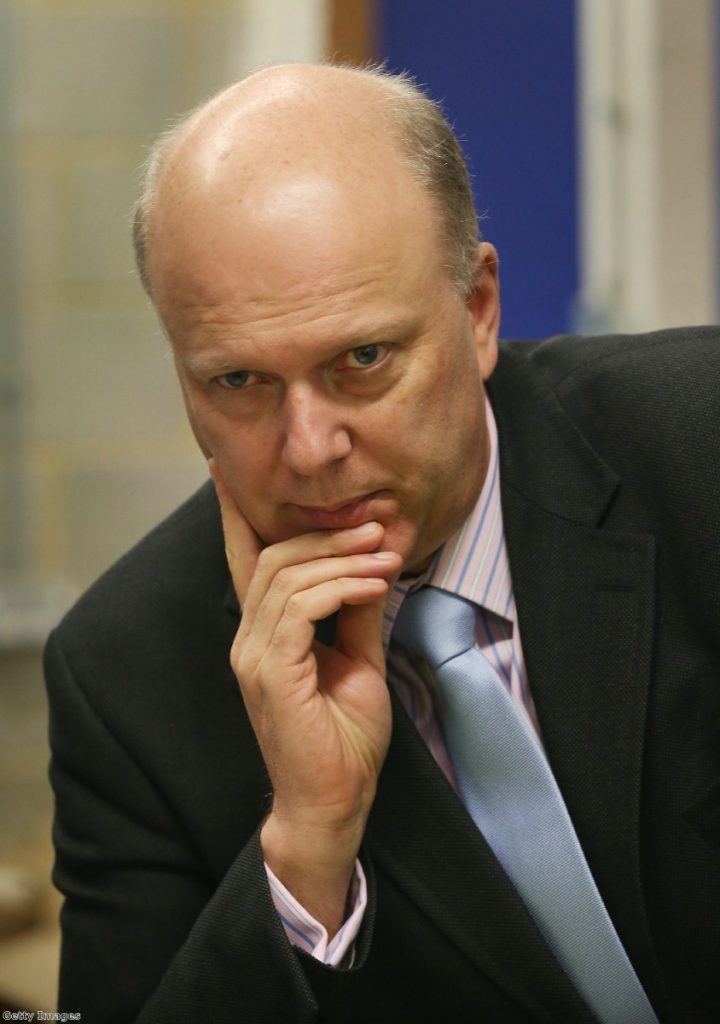Comment: The ban on sending prisoners books is part of my rehabilitation revolution
Yesterday, Politics.co.uk published a piece by Howard League for Penal Reform chief executive Frances Crook in which she attacked the government for banning parcels to prisoners, including books. Here, justice secretary Chris Grayling defends his policy following an angry response from authors and campaigners.
By Chris Grayling
Let's be clear about one thing: prisoners' access to reading material is not being curtailed. All prisoners may at any one time have up to 12 books in their cells. All prisoners have access to the library, irrespective of which institution they are being held in.
If any prisoner wishes to buy books with the money he or she gets from their pay, then that is up to them. If a prisoner has engaged with their own rehabilitation in prison, then he will be on a higher level in the Incentives and Earned Privileges scheme, and so would have more money to spend – on books if he so chooses.


Of course, this government believes that access to books is vitally important to literacy, education and training. And yes, of course we want to encourage prisoners to read, and to read more. To claim ministers think otherwise would just be complete nonsense. This is why the Prison Service has joined up with the Shannon Trust to make sure its peer-mentor based reading scheme is incorporated across the public sector prison estate.
It was never the case that prisoners were simply allowed unlimited parcels – books or otherwise. Such a situation would never have been secure or practical. What has happened is that we have introduced consistency across the estate.
We believe offenders need to behave well and engage in their own rehabilitation if they are to earn privileges and incentives. We want them to be doing more work, getting skills and training, not lying around watching television. If we can get prisoners to start to change their behaviour while they are inside, we stand more of a chance of getting off the depressing merry-go-round of crime, incarceration and reoffending. Manifestly, none of that is about stopping prisoners having access to reading material.
The truth is this: reoffending rates have hardly changed for a decade – and indeed those for short sentenced prisoners are unacceptably high, with almost 60% of those sentenced to less than 12 months returning to crime within a year.
With each new offence communities are being blighted and more victims of crime are suffering. Are we really saying we just want to continue doing 'more of the same', without trying to do something about that?
Wilfully stoking up misconceptions about what were are doing in prisons, and what we are trying to achieve with those changes – fewer criminals going round and round the system, trailing fewer victims in their wake – doesn't help anyone, least of all those whose offending behaviour it is that we are trying to stop.
Chris Grayling is secretary of state for justice.
The opinions in Politics.co.uk's Comment and Analysis section are those of the author and are no reflection of the views of the website or its owners.

